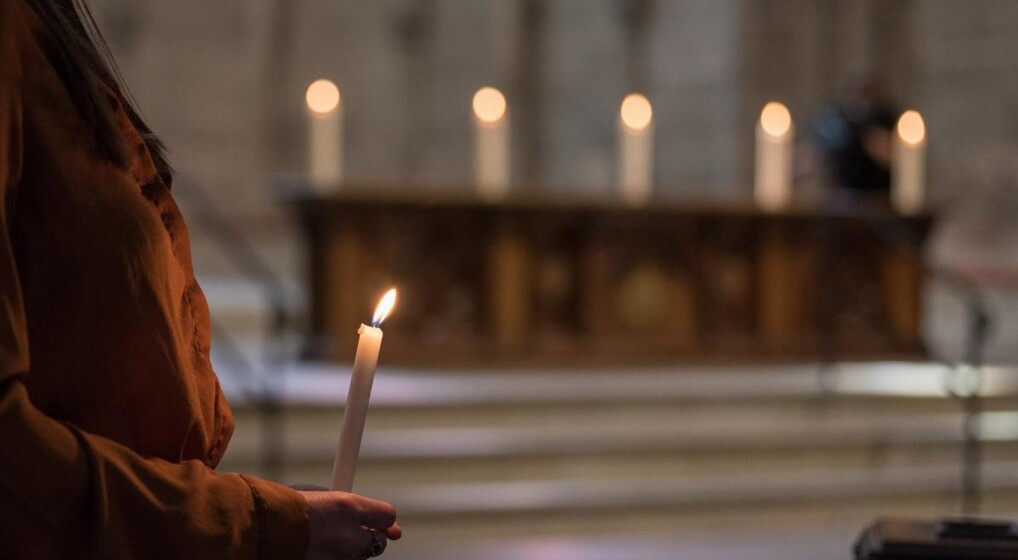New Covid-19 restrictions affect churches
Further Covid-19 restrictions in 69 municipalities. Read the latest guidelines below

Due to increasing infection, further restrictions have been introduced in several municipalities hardest hit by the spread. On December 7th, the government first identified 38 municipalities. That number increased to a total of 69 municipalities on December 10th.
Here is how this affects churches and other faith communities:
At the press conference on December 7th, the government and the authorities recognized the special status of churches, especially during Christmas time, by ensuring the public that churches will remain open. However, due to the stricter rules in the affected municipalities, "this comes with an expectation that the Danish Church and other churches can act responsibly, and we must of course not abuse that trust", says Søren Abildgaard, chairman of the National Association of Church Councils.
We have condensed the guidelines most relevant to churches here:
General guidelines:
• All churches throughout the country can continue to conduct worship services in compliance with previous restrictions and guidelines for churches.
• On Christmas Eve, December 24th: "Stick to seeing few people, but you can see your immediate family, even if you have not been with them recently"
Additional guidelines for the 69 affected municipalities:
• Church buildings may remain open. However, culture houses must remain closed until January 3rd. Please note that all culture entities will be closed in the municipalities in question.
• It is strongly recommended that church staff work from home as much as possible until 3rd January.
• The bishops of the affected dioceses strongly urge that all church activities other than church services also be canceled or postponed. This applies to concerts, children's activities, lecture events, study groups, communal meals, church coffee, and elderly activities, etc. Confirmation preparation should also take place virtually or be canceled.
These 69 municipalities are now subject to additional restrictions:
Albertslund, Allerød, Ballerup, Brøndby, Dragør, Egedal, Favrskov, Faxe, Fredensborg, Fredericia, Frederiksberg, Frederikssund, Furesø, Gentofte, Gladsaxe, Glostrup, Greve, Gribskov, Guldborgsund, Halsnæs, Hedensted, Helsingør, Herlev, Herning, Hillerød, Holbæk, Holstebro, Horsens, Hvidovre, Høje-Taastrup, Hørsholm, Ikast-Brande, Ishøj, Kalundborg, København, Køge, Lemvig, Lejre, Lolland, Lyngby-Taarbæk, Middelfart, Norddjurs, Næstved, Odder, Odense, Odsherred, Randers, Ringkøbing-Skjern, Ringsted, Roskilde, Rudersdal, Rødovre, Samsø, Silkeborg, Skanderborg, Skive, Slagelse, Solrød, Sorø, Stevns, Struer, Syddjurs, Tårnby, Vallensbæk, Vejle, Viborg, Vordingborg, Aalborg, Aarhus.
Mass testing
Last week, the government announced that all persons aged 15-25 who live in these 17 municipalities in Copenhagen and surroundings are encouraged to be tested:
Albertslund, Ballerup, Brøndby, Dragør, Frederiksberg, Gentofte, Gladsaxe, Glostrup, Herlev, Hvidovre, Høje-Taastrup, Ishøj, København, Lyngby-Taarbæk, Rødovre, Tårnby og Vallensbæk.